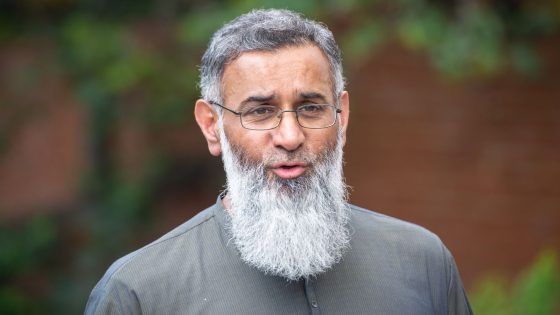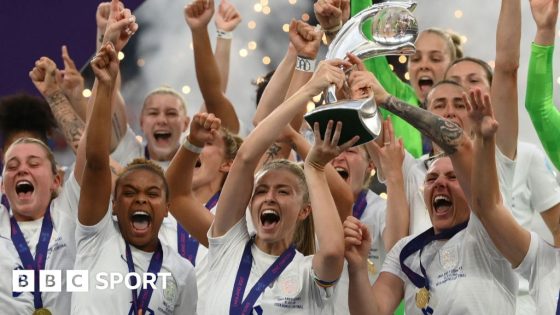Islamist preacher Anjem Choudary has compared himself to Kevin Keegan, telling his trial that he is so famous he will be forever associated with leading a banned terrorist group.
Choudary, 57, from Ilford in east London, said he suffered from the “Kevin Keegan effect”, in a reference to the former England and Liverpool footballer.
Choudary is accused of directing a terrorist organisation called al-Muhajiroun (ALM) before and after his release from prison and for encouraging support for ISIS.
He is accused of delivering online lectures to a branch of the organisation in New York, which were recorded by undercover officers in the US between 2022 and 2023.
In one lecture he boasted of being labelled the “number one radicaliser in Britain” while in prison, where he was kept in a separation unit.
‘Kevin Keegan effect’
Paul Hynes KC, defending, asked if being the “naqib” or administrator of al-Muhajiroun was “what you were famous for” before he went to prison.
“Oh yes of course, it is the Kevin Keegan effect,” Choudary replied. “I have never moved on from him playing for Liverpool.
“If you ask people about Kevin Keegan, people say he plays football for Liverpool. They look at me as al-Muhajiroun.
“It is like, for me, Nigel Farage is still the Independence Party and George Galloway is Respect – because they are famous for that, that is what they are known as.”
Choudary told the jury he had endorsed ISIS in 2014, but never joined the group, unlike many of his associates.
Later, he told the court that, before al-Muhajiroun was banned, he wanted to seek as much publicity as possible, adding “the more high profile the better.”
‘A well-oiled dawah machine’
“Our methodology was based in the methods of the time to stand on the mountain and shout as loudly as you can. We used the BBC, CNN, ITV, and Sky or go to Trafalgar Square,” he added.
“Our structure was very sophisticated – a top-down pyramid with committees and we would meet together.
“We had a very well-oiled dawah [proselytising] machine, it was very, very effective.”
Initially al-Muhajiroun was just himself and the group’s spiritual leader Omar Bakri Muhammad.
“As it grew, the less role I had to play but in the first few years, I was very busy doing a lot of things,” he said.
“We had a big rally in Trafalgar Square, roads shows, at least 70 people became Muslim on the day.
“The publicity we garnered was very, very significant. We had presence on many, many university campuses.
“There was a lot of talks and activities.”
Read more from Sky News:
Bellingham investigated over England match gesture
Sir Ian McKellen pulls out of play after fall
Military horses bolt through central London
Mr Hynes asked if ALM continued to exist on a “semi-secret basis” and Choudary said: “Not at all. It was to promote Islam in the public arena and eventually when you have enough support, that is the time when you take the power.”
Theological not terrorist
Mr Hynes asked if al-Muhajiroun was the “political wing” of a “secret more subversive and violent” group.
“No, it never had that,” Choudary told the jury. “It was always intellectual, political, theological. Never more than that.”
Choudary denies directing a terrorist organisation, membership of a proscribed organisation and addressing meetings to encourage support for a proscribed organisation over the internet from his home between June 2022 and July last year.
Khaled Hussein, 29, from Edmonton, Canada, denies membership of a proscribed organisation.
The case continues.
Source Agencies


